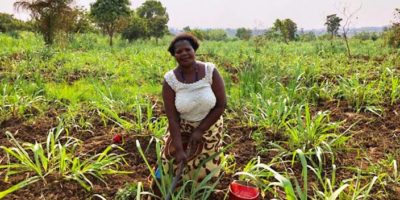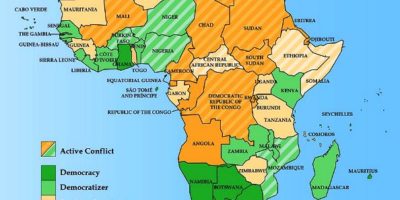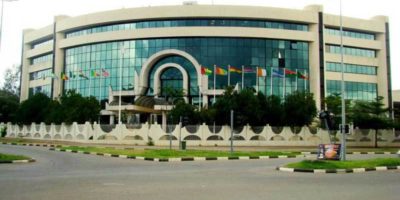A non-government organization (NGO), KRP Foundation for Education and Migration Awareness (KRP FEMA) this month in Jos, Plateau state, central Nigeria, kicked off its schools outreach to raise awareness on child trafficking and its preventions.
Working closely with other organisations including the National Human Rights Commission and Child Cyber Protection (CC-Pro) organisation, the campaign targeted more than 5000 young teenagers and their guardians on why ending the scourge of child trafficking is everyone’s battle.
According to UNICEF, “the trafficking of children for the purpose of domestic service, prostitution and other forms of exploitative labour is a widespread phenomenon in Nigeria. Children and women are recruited with promises of well-paid jobs in urban centres within the country or abroad, realising too late that they have been lured into a debt bond.
“Violence, coercion and deception are used to take victims away from their families. Regretfully, Nigeria is a source, transit and destination country for trafficked women and children. Prostitution, domestic and exploitative labour continues to fuel this modern from of slavery.”
According to the CEO and Co-Founder of CC-Pro, Delmwa Gogwim, cyber trafficking is on the rise with criminals increasingly using the internet to lure teenagers and their guardians to pursue elusive fortunes that are only a bait to make them victims of human trafficking.
“Strangers and even friends online could be as dangerous as acquaintances and strangers within their communities, said Gogwim to students of Jos Township Secondary School even as she drew the attention of the students to online acquaintances asking them for personal information and pictures online.
There is yet no reliable estimate of the number of children trafficked internally and externally primarily because of the clandestine nature of the phenomenon, said the UNICEF. The causes of children and women trafficking include poverty, desperation to escape violence, corruption, unemployment, illiteracy and ignorance.
To fight human trafficking, the Nigerian government in 2003 passed the Trafficking in Persons Prohibition and Administration Act and established the National Agency for the Prohibition of Trafficking in Persons and Other Related matters (NAPTIP). Since then, investigation of cases, prosecution of criminals, rescue and rehabilitation of victims have been successfully carried out by the agency. But there is still so much to be done particularly in the area of awareness and confidence building among young people who are the targeted preys of traffickers, said Founder and Executive Director of KRP FEMA, Kaneng Rwang Pam.
While speaking at the Christian Faith High School, Du, outskirts of Jos, she asked the students to be mindful of ‘the grass is greener on the other side’ beliefs and the need to be vigilant in the knowledge that it is never as green as predatory traffickers always claim while assuring them organisations like KRP FEMA, CC-Pro, and government bodies such as NAPTIP and the National Human Right Commission could be reached easily for support or alerted when confronted with traffickers whether online or within their physical communities.
Barrister Judith Jabbe from the National Human Rights Commission told the students to be mindful of persons who would want to either secretly or openly make offers of taking them to a certain place for a lucrative job or better education.
“The dangers are real and unrelenting,” said Gogwim, warning students to look out for red flags once any friend online is beginning to ask them to hide their conversations and friendship from their parents.
“Often also, because parents or guardians are not aware of what their children or wards do online, it becomes easy for online predators to feed on them.
“Our children are increasingly becoming vulnerable to cyber predators and the internet is becoming not just a tool for awareness or education but the ever present danger that could alter the lives of millions of teenagers for the worse,” said Gogwim.





















